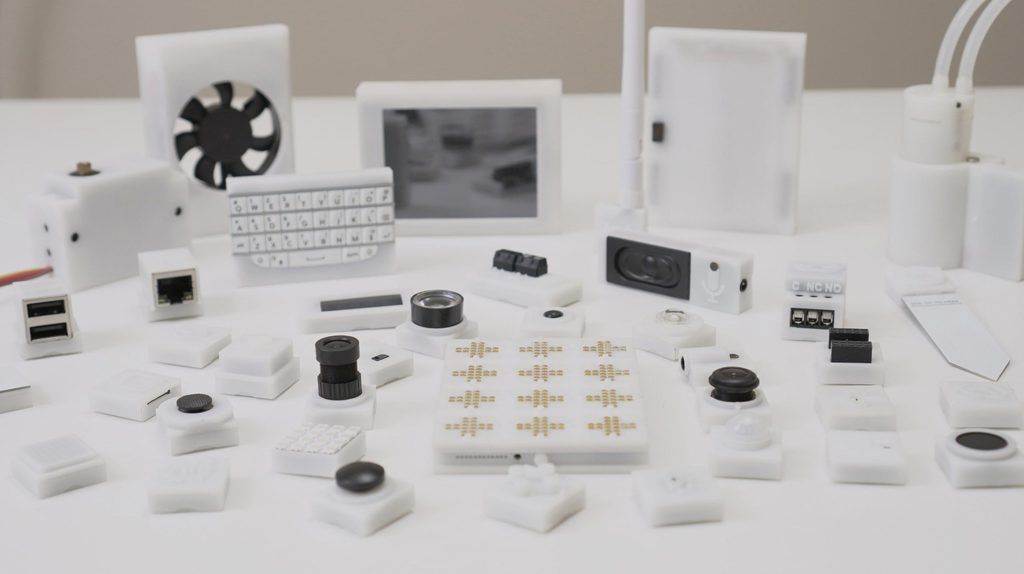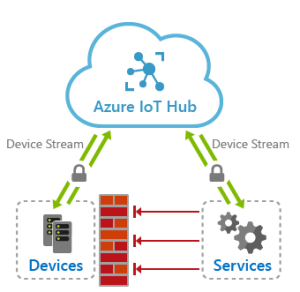
The Benefits of Modular Computers
Technological advancements have revolutionized the way we interact with computers, and modular computers are at the forefront of this revolution. These innovative devices are designed with modularity in mind, allowing for easy customization, upgrades, and repairs. In this article, we will explore the numerous benefits that modular computers have to offer in the rapidly evolving tech landscape.
1. Flexibility and Customization
One of the key advantages of modular computers is their flexibility and customization options. Unlike traditional computers, modular systems allow users to choose and assemble components according to their specific needs and requirements. This level of flexibility gives users the ability to create a computer that perfectly fits their computing needs, whether it be for gaming, content creation, or professional tasks.
With modular computers, users have the freedom to select individual components such as the processor, graphics card, RAM, and storage options. This customization allows for future-proofing as users can easily upgrade specific components as technology progresses, without the need to replace the entire system.
2. Cost-Efficiency and Sustainability
Modularity in computers not only provides customization options but also offers cost-efficiency and sustainability benefits. By allowing users to upgrade or replace specific components, modular systems enable individuals to extend the lifespan of their computers while avoiding unnecessary expenses.
Moreover, modular computers contribute to a more sustainable environment. Instead of discarding an entire computer and purchasing a new one, users can simply swap out and upgrade individual components, eliminating electronic waste. This sustainable approach not only benefits users financially but also reduces the environmental impact associated with technology disposal.
3. Simplified Maintenance and Repairs
Modular computers simplify the often daunting task of maintenance and repairs. With traditional computers, a single faulty component can render the entire system unusable until repaired or replaced. However, modular systems allow for easy troubleshooting and targeted repairs.
If a single component fails, users can simply remove and replace that specific module while leaving the rest of the system intact. This modular approach reduces downtime and minimizes repair costs, as only the faulty component needs attention. Additionally, as components become increasingly standardized, users can easily find replacement parts, regardless of the brand or model of their modular computer.
4. Enhanced Performance and Upgradability
Upgradability is a crucial factor for many computer users, especially as technology continues to advance at a rapid pace. Modular computers excel in this area, offering users the ability to easily upgrade select components to improve performance.
As new processors, graphics cards, and other hardware innovations emerge, users can simply swap out outdated modules for the latest and most powerful components. This upgradability ensures that modular computers can keep up with the latest advancements in technology, providing users with enhanced performance without the need for a complete system replacement.
5. Redundancy and Scalability
Modular computers are particularly advantageous in environments where redundancy and scalability are essential. In sectors such as data centers, modular systems allow for easy expansion and scaling of computing power. By adding or removing modules, administrators can adjust the capacity of the system, ensuring optimal performance and resource allocation.
Furthermore, in the event of component failures, modular computers with redundant modules offer built-in backup options. This redundancy ensures minimal disruption, as the system can seamlessly switch to backup modules without impacting regular operations.
Conclusion
Modular computers represent the future of computing, offering unparalleled flexibility, customizability, cost-efficiency, and sustainability. Whether you are a tech enthusiast, professional, or organization looking to optimize your computing capabilities, the benefits of modular computers are clear. With easy customization, simplified maintenance and repairs, enhanced performance, and scalability, modular computers excel in meeting the evolving needs of the tech niche.

